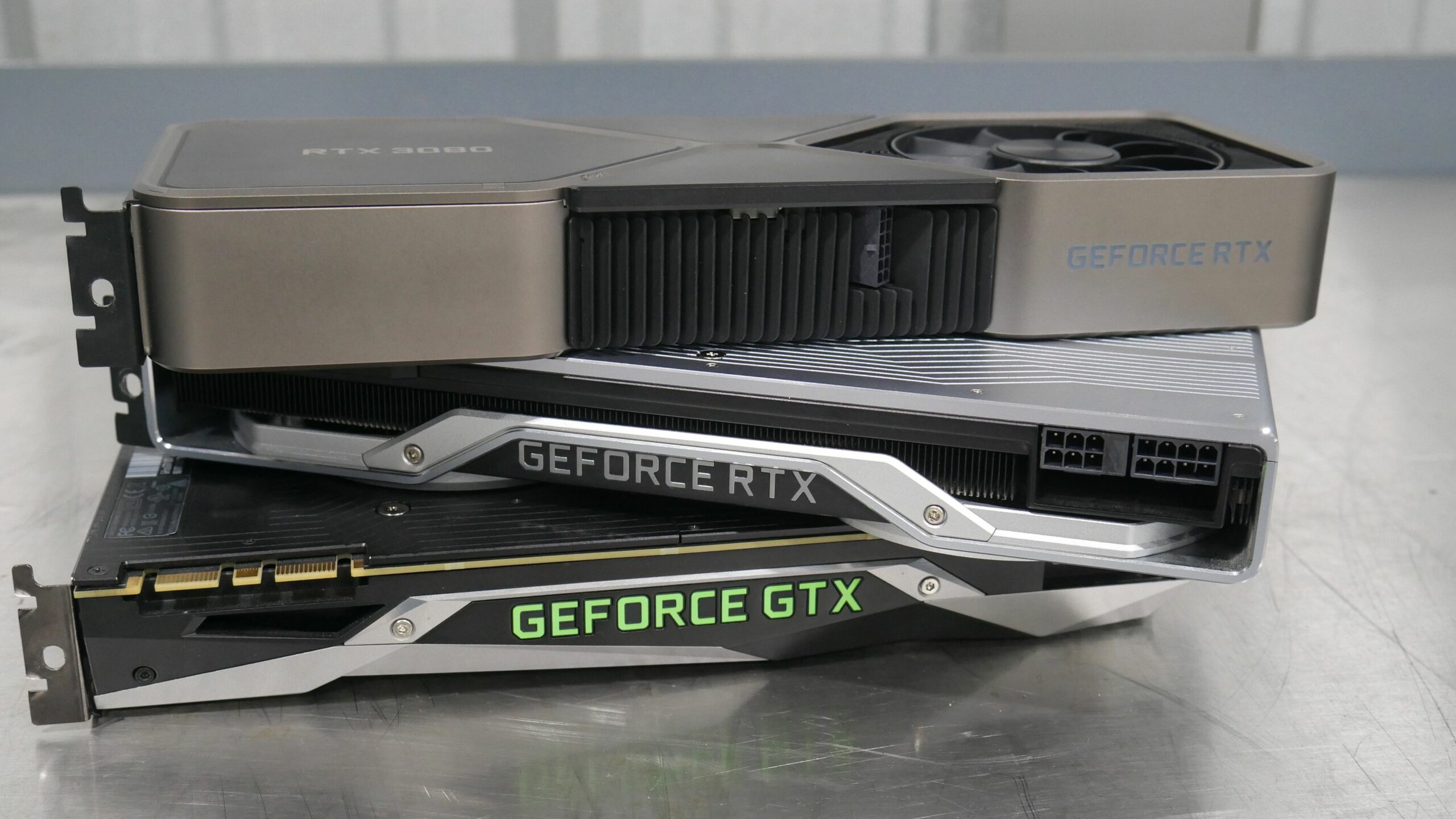cdrkf
Judicious
From what I'm seeing the 2080 Ti runs at 90+ FPS in MW.
Of course these are mfg.-released numbers. We'll have to wait a bit for independent reviewers to run head-to-head controlled benches.
I dunno where you got that number from, Here's a recent review by WWCCF Tech that includes COD:WM at 4K ultra:

NVIDIA GeForce RTX 3080 10 GB "Ampere" Graphics Card Review
Today is the big day for gamers as we review NVIDIA's latest Ampere GPU based flagship, the GeForce RTX 3080 10 GB GDDR6X graphics card.
73 FPS for a 2080ti at 4k Ultra, 3080 hits 101 so looks like the new AMD cards sits mid position between those cards in that game. I agree though can't draw much in way of conclusions until we get some real benchmarks.

